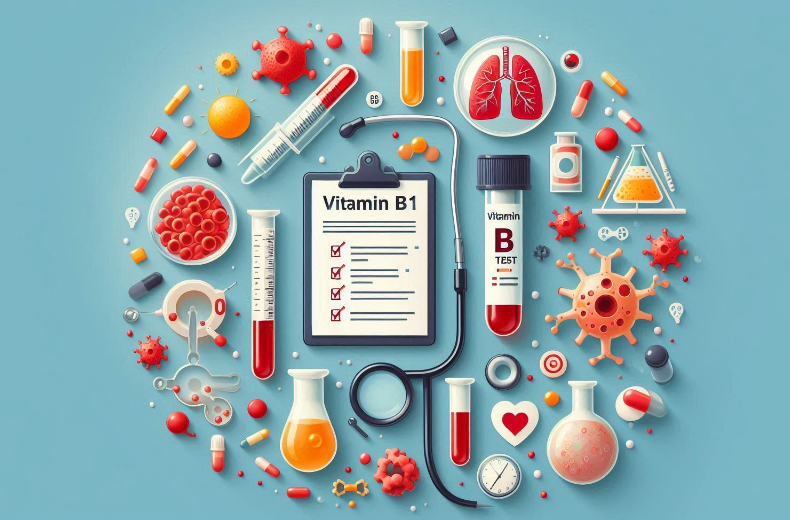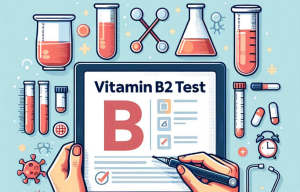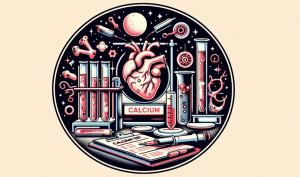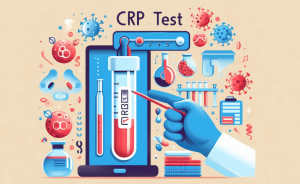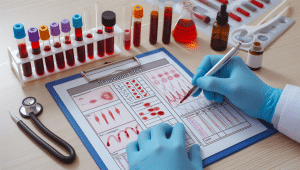What is a Vitamin B1 Test/Thiamine Test?
A Vitamin B1 Test, also known as a Thiamine test, measures the level of thiamine (Vitamin B1) in your blood or urine. Thiamine is a crucial water-soluble vitamin that plays a vital role in converting food into energy, supporting nerve function, and promoting healthy growth and development.
Why Do You Need a Vitamin B1 Test/Thiamine Test?
This test might be recommended if your doctor suspects:
- Thiamine deficiency (beriberi): Individuals experiencing symptoms like fatigue, confusion, muscle weakness, loss of appetite, or heart problems might need this test.
- Alcohol abuse or malnutrition: These conditions increase the risk of thiamine deficiency.
- Monitoring thiamine supplementation: Individuals taking high doses of thiamine supplements might require regular monitoring.
- Assessing certain medical conditions: Thiamine levels can be affected by conditions like liver disease, kidney disease, and diabetes.
What Does a Vitamin B1 Test/Thiamine Test Measure?
The test directly measures the concentration of thiamine in your blood or urine. Indirectly, it provides information on:
- Thiamine status: Determines whether you have sufficient, deficient, or excessive thiamine levels.
- Potential health risks: Thiamine deficiency can lead to serious neurological and cardiovascular complications.
- Underlying conditions: Abnormal levels might suggest liver, kidney, or other health issues.
Preparing for the Test
Generally, no special preparation is required for a Vitamin B1 test. However:
- Fasting: Some labs might recommend fasting for a few hours before the blood test, so consult your healthcare provider.
- Medications: Inform your doctor about all medications and supplements you’re taking, as some can affect thiamine levels.
- Recent alcohol intake: Avoid alcohol for at least 24 hours before the test, as it can interfere with results.
Understanding the Results
Normal thiamine levels in blood typically fall between 2.5-7.5 mcg/dL. The interpretation can vary slightly depending on the lab and individual factors.
- Low levels (deficiency): This can lead to various complications like beriberi (with its wet and dry forms), Wernicke-Korsakoff syndrome (affecting the brain), and other neurological and cardiovascular problems.
- High levels: While rare, excessive thiamine intake can sometimes lead to mild side effects like nausea or skin rash.
- Normal levels: Indicate adequate thiamine status.
Risk Factors and Prevention
Factors that increase the risk of thiamine deficiency include:
- Poor diet: Diets lacking in thiamine-rich foods like whole grains, legumes, nuts, seeds, and meat can lead to deficiency.
- Alcohol abuse: Alcohol interferes with thiamine absorption and utilization.
- Malabsorption disorders: Conditions affecting nutrient absorption can also impact thiamine levels.
- Certain medical conditions: Liver disease, kidney disease, and diabetes can affect thiamine metabolism.
Prevention and management focus on:
- Balanced diet: Include plenty of thiamine-rich foods in your diet.
- Supplementation: If diet alone is insufficient, your doctor might recommend thiamine supplements.
- Treating underlying conditions: Addressing any underlying medical issues that contribute to deficiency is essential.
- Alcohol moderation or abstinence: Reducing or eliminating alcohol intake is crucial for preventing deficiency.
Remember, maintaining optimal thiamine levels is vital for overall health and well-being. If you suspect any deficiency or have risk factors, consult your doctor for further evaluation and guidance.

 7351982473
7351982473